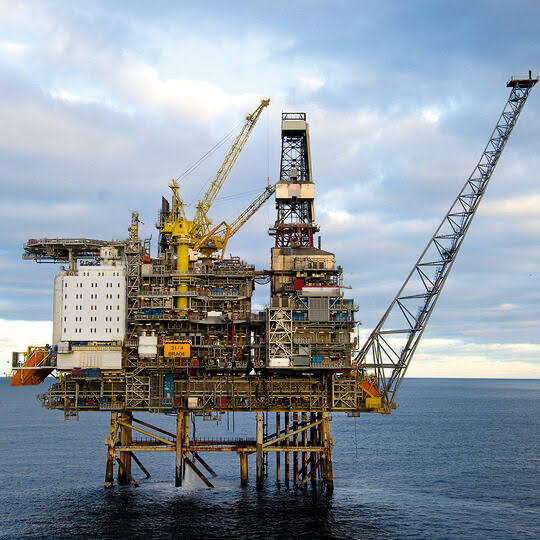Harbour Energy, the biggest producer in the UK North Sea, has announced an $11.2 billion acquisition of German oil and gas firm Wintershall DEA. The deal, expected to close in the fourth quarter of 2024, will transform Harbour Energy into one of the world’s largest and most geographically diverse independent oil and gas companies.
A Strategic Move for Harbour Energy
Harbour Energy was formed in 2021 by the merger of UK-based Premier Oil and Chrysaor, a private equity-backed company that became the top North Sea producer through a series of acquisitions. The company has been looking for opportunities outside Britain, where a windfall tax introduced in 2022 has hurt its profitability and led to job cuts.
By acquiring Wintershall DEA, Harbour Energy will gain access to upstream oil and gas assets in Norway, Germany, Denmark, Argentina, Mexico, Egypt and Libya. The combined company will have over 500,000 barrels of oil equivalent (boe) produced per day and 1.5 billion boe in reserves. It will also have a lower greenhouse gas emissions intensity than its peers, as well as interest in carbon capture and storage (CCS) projects in Europe.
Linda Cook, the chief executive of Harbour Energy, said: “The addition of Wintershall Dea’s assets will increase our production to over 500 kboepd, extend our reserves life, and enhance our margins and cash flow, all supporting enhanced shareholder returns over the longer run. Importantly, the acquisition also advances our energy transition objectives by shifting our portfolio towards natural gas, lowering our GHG emissions intensity, and expanding our CCS interests into new European markets.”
A New Era for Wintershall DEA
Wintershall DEA was created in 2019 by the merger of Wintershall, a subsidiary of German chemical giant BASF, and DEA, a company owned by Russian billionaire Mikhail Fridman.
According to report by Energy Voice, The company had planned to go public in 2020, but the Covid-19 pandemic and the oil price crash delayed its listing.
The sale to Harbour Energy will mark the end of Wintershall DEA’s short-lived existence as an independent entity, but also the beginning of a new chapter for its assets and employees. The company’s chief executive, Mario Mehren, said: “We are proud of what we have achieved as Wintershall Dea over the past two years. We have successfully merged two organizations, created a new company culture, increased our profitability, and laid the foundation for a sustainable future. We are convinced that Harbour Energy is the right partner to take our business to the next level and create further value for our stakeholders.”
A Positive Outlook for The Oil and Gas Industry
The deal between Harbour Energy and Wintershall DEA is the latest sign of consolidation and recovery in the oil and gas industry, which was hit hard by the coronavirus crisis and the energy transition. In recent months, several major transactions have taken place, such as the merger of Canadian oil sands producers Cenovus and Husky, the acquisition of Noble Energy by Chevron, and the takeover of BP’s Alaska assets by Hilcorp.
Analysts expect more deals to follow, as companies seek to boost their scale, efficiency, and resilience in a challenging market. The global demand for oil and gas is expected to rebound in 2024, as the vaccination campaigns and the economic stimulus measures help to restore normalcy. However, the long-term outlook remains uncertain, as the pressure to reduce emissions and shift to cleaner energy sources intensifies.
The Harbour Energy-Wintershall DEA deal is a positive example of how the oil and gas industry can adapt and thrive in the changing world. By combining their strengths and diversifying their portfolios, the two companies will create a new force in the global energy market, with a strong commitment to sustainability and innovation.



